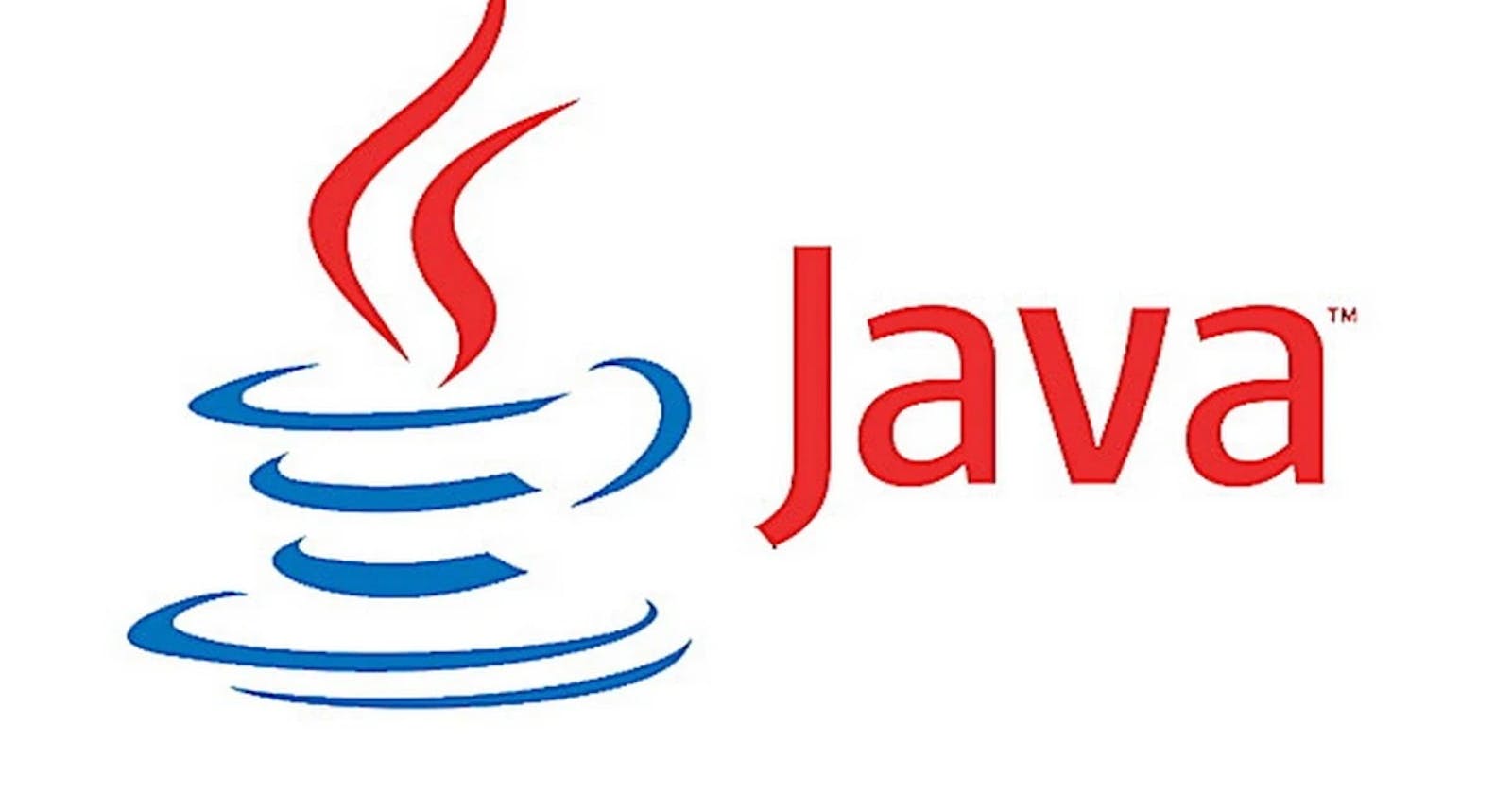Table of contents
Introduction
With the help of wrapper classes, we can wrap primitives to objects so that we can handle primitives just like objects.
Constructor Summary
Int- Integer(integer,string)
byte- Byte(byte,string)
Char- Character(character)
boolean- Boolean(boolean,string)
Double - Double(double,string)
Float-Float(float,string)
short-Short(short,string)
In all wrapper classes tostring() method overrides to return the content
The equals method is overridden in all wrapper classes to compare the content
## The usage of wrapper classes
1. Utility methods: Helper method/static methods
1. valueof(): it is used wrapper object for the given primitive or string
* we can create wrapper classes as
```java
class HelloWorld {
public static void main(String[] args) {
Integer i1 = new Integer(10);
}
}
// this method of creating wrapper classes has been deprecated hence we have one more alternative of creating wrapper classes
class HelloWorld {
public static void main(String[] args) {
Integer i1= Integer.valueOf(10);// this is the use of value of to create new wrapper classes
System.out.println(i1);
}
}
```
2. XXXXvalue()
* Used to convert objects to primitive
```java
class HelloWorld {
public static void main(String[] args) {
Integer i1= Integer.valueOf(10);
System.out.println(i1.intValue());
System.out.println(i1.floatValue());
System.out.println(i1.byteValue());
System.out.println(i1.shortValue());
System.out.println(i1.longValue());
}
}
```
3. parseXXX()
* used to convert string to primitive
4. toString()
* A `toString()` is an in-built method in Java that returns the value given to it in *string* format. Hence, any object that this method is applied on, will then be returned as a *string object*.
## Autoboxing & Unboxing
1. *Autoboxing* is the automatic conversion that the Java compiler makes between the primitive types and their corresponding object wrapper classes. For example, converting an int to an Integer, a double to a Double, and so on.
2. If the conversion goes the other way, this is called *unboxing*.
